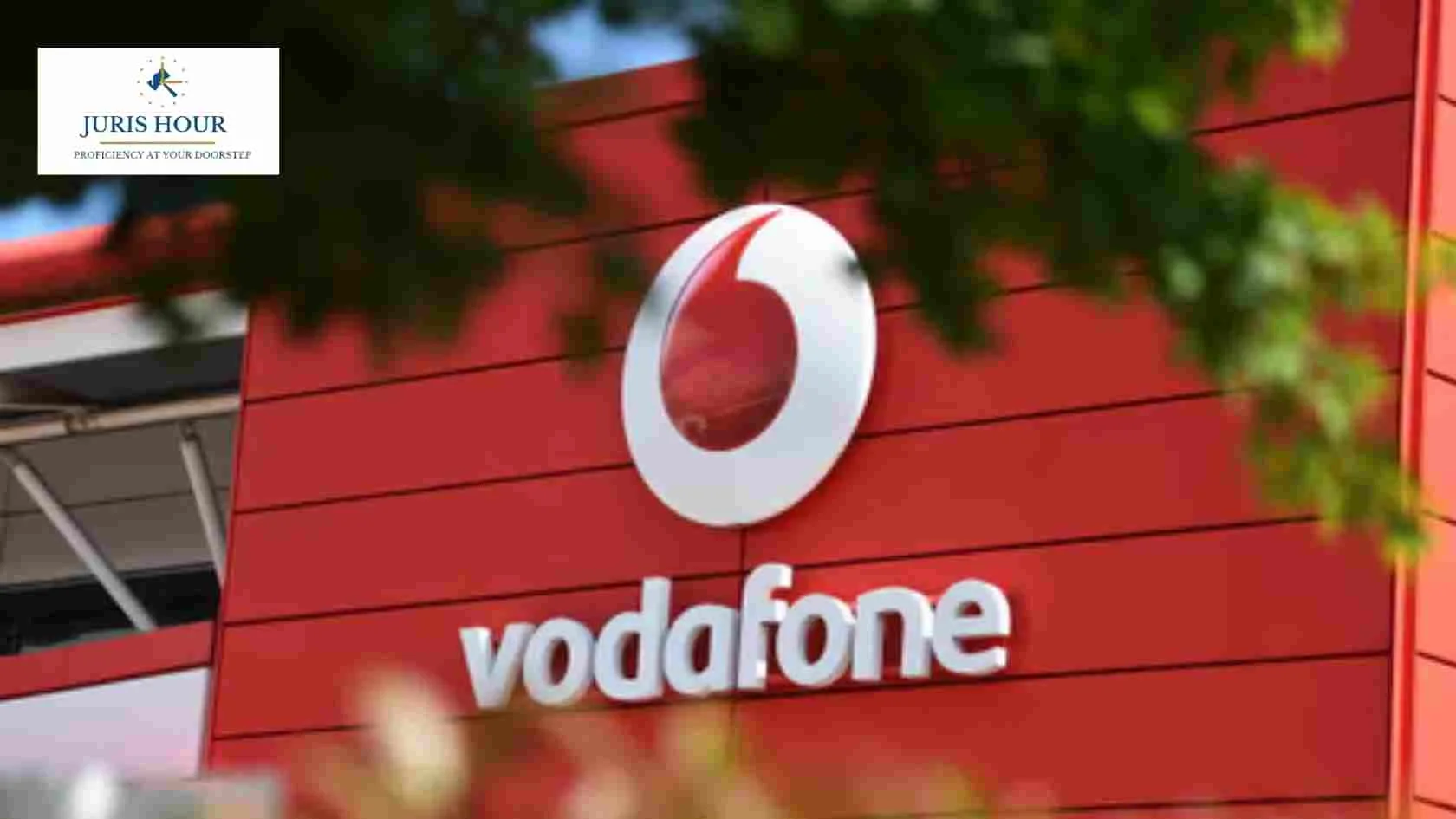The Customs, Excise & Service Tax Appellate Tribunal (CESTAT), Mumbai, has allowed two appeals filed by Vodafone India Ltd., setting aside earlier orders that had denied the company its CENVAT credit claims on capital goods such as telecom towers and prefabricated shelters.
The bench of S.K. Mohanty (Judicial Member) and M.M. Parthiban (Technical Member), aligns with the Supreme Court’s landmark decision in M/s Bharti Airtel Ltd. vs. Commissioner of Central Excise, Pune dated November 20, 2024. That verdict conclusively held that telecom towers and prefabricated buildings are movable goods and qualify as “inputs” under Rule 2(k) of the CENVAT Credit Rules, 2004, thus making service providers eligible for credit.
The appellant, Vodafone India had received goods such as steel towers, nuts, bolts, and shelters in a knocked-down state for setting up Base Transceiver Stations (BTS). The company availed CENVAT credit on these items, treating them as capital goods used for providing taxable telecommunication services.
However, the Department had issued a series of Show Cause Notices (SCNs) from 2013 to 2016, disputing the classification and disallowing the credit for the period April 2012 to March 2015. The adjudication orders from 2016 and 2018 upheld the department’s view and confirmed the tax demands.
This was despite Vodafone having already challenged a similar earlier order (covering April 2005 to March 2011) which was dismissed by the Tribunal and the Bombay High Court. Eventually, the matter reached the Supreme Court, which reversed the previous judgments and ruled in favour of telecom companies.
The Tribunal noted that the SCNs were based on identical grounds that had already been overruled by the Supreme Court. The top court had categorically held that telecom towers and prefabricated buildings Can be dismantled and reassembled elsewhere, thus lacking the permanence required to be considered immovable property; Are not assimilated into land or buildings permanently, as the affixing is only meant for functional stability; Qualify as “inputs” used for rendering output telecom services, thereby making them eligible for CENVAT credit.
The CESTAT held that since the foundation of the earlier demands no longer survives post the Supreme Court ruling, the continuation of identical demands for later periods is unsustainable.
The CESTAT set aside both orders by granting relief to Vodafone India Ltd. and allowing full credit for the capital goods used in its telecom operations.
Case Details
Case Title: M/s Vodafone India Ltd. Versus Commissioner of Service Tax-III
Case No.: Service Tax Appeal No. 85085 of 2017
Date: 08.07.2025
Counsel For Appellant: Vinay Jain, Advocate a/w Ms. Shambhavi Dewalkar, C.A.
Counsel For Respondent: Dhananjay Dahiwale, Authorized Representative
Read More: UPI Balance Checks Capped To 50 Per Day From August 2025



